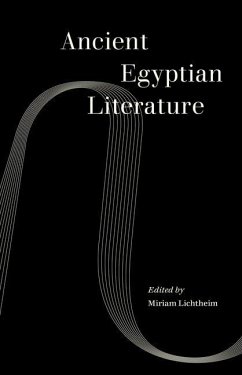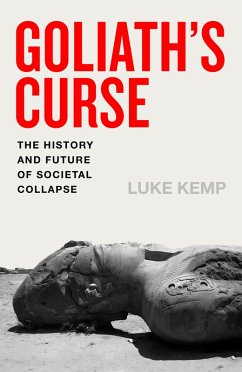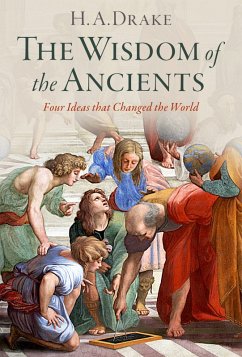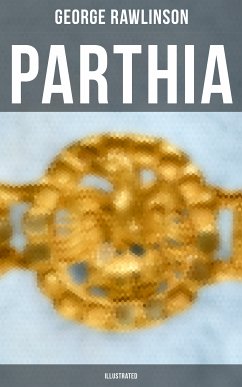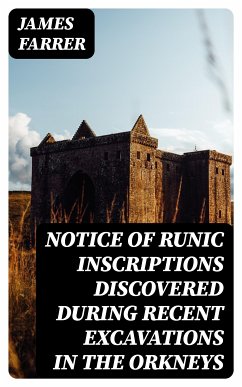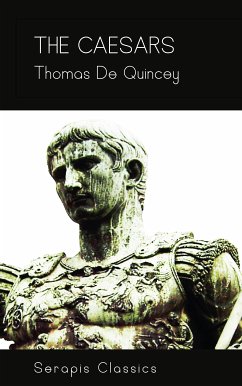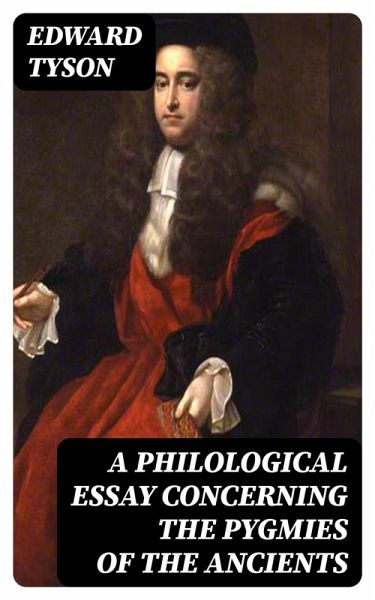
A Philological Essay Concerning the Pygmies of the Ancients (eBook, ePUB)
Versandkostenfrei!
Sofort per Download lieferbar
0,49 €
inkl. MwSt.
Weitere Ausgaben:

PAYBACK Punkte
0 °P sammeln!
In "A Philological Essay Concerning the Pygmies of the Ancients," Edward Tyson meticulously explores the mythological and philological aspects of the Pygmies, a subject that has tantalized scholars since classical antiquity. Using a methodical approach, Tyson delves into historical texts and sources, employing an analytical literary style that fuses rigorous scholarship with a narrative depth. He navigates through the social and cultural representations of Pygmies, examining not only their role in ancient literature but also the wider implications of their depiction, thereby situating his disc...
In "A Philological Essay Concerning the Pygmies of the Ancients," Edward Tyson meticulously explores the mythological and philological aspects of the Pygmies, a subject that has tantalized scholars since classical antiquity. Using a methodical approach, Tyson delves into historical texts and sources, employing an analytical literary style that fuses rigorous scholarship with a narrative depth. He navigates through the social and cultural representations of Pygmies, examining not only their role in ancient literature but also the wider implications of their depiction, thereby situating his discourse within the intellectual currents of 17th-century natural philosophy and anthropology. Edward Tyson, an eminent anatomist and naturalist of his time, was known for his critical scrutiny of received knowledge and pioneering investigations in comparative anatomy. His background in medicine and keen interest in the natural world propelled him to examine humanity's perceptions of other cultures (and their inhabitants) through a scientific lens. Tyson's dedication to uncovering truths in ancient texts, combined with his observational prowess, led him to question and articulate the contradictions surrounding the Pygmies' lineage and existence. Tyson's essay is an essential reading for scholars of anthropology, literature, and history. Its intricate tapestry of analysis and cultural critique invites readers to rethink preconceived notions about race and otherness in the classical world. By engaging with Tyson's work, one embarks on a thought-provoking journey through the evolution of human understanding and myth-making.
Dieser Download kann aus rechtlichen Gründen nur mit Rechnungsadresse in A, B, BG, CY, CZ, D, DK, EW, E, FIN, F, GR, H, IRL, I, LT, L, LR, M, NL, PL, P, R, S, SLO, SK ausgeliefert werden.




